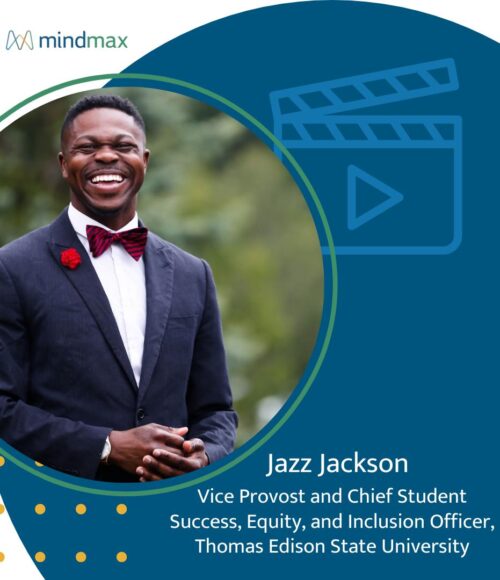Can Schools Thrive with Society in Survival Mode?
Some people like to say that history repeats itself. Well, not this year. In the last few months, so many of the things we took for granted—riding public transit without a second thought, going out to dinner, or attending school in-person—disappeared overnight. Although some of these activities are resuming, their progress is slow and uncertain. What is certain is that the coronavirus pandemic will fundamentally change some aspects of our way of life.
John F. Kennedy said “Along with danger, crisis is represented by opportunity.” In our current crisis, both danger and opportunity are present. To not only survive but thrive in this moment requires addressing both of these elements. Colleges must confront and manage the danger of the coronavirus pandemic while staying open to the extraordinary opportunities it has created.
The dangers of COVID-19—health, economic, and educational—are real. For colleges and universities, safety must come first. In their own way, higher education institutions are well-positioned to address safety concerns. Colleges and universities exist to offer safe learning environments, where students can try new things, learn new ideas, take on new challenges, and even make new mistakes.
Schools are experts at constructing emotionally and intellectually safe spaces. Now, they must adapt to meet a heightened standard for physical safety as well.
In the near term, maintaining physical safety will be more difficult than in the past. Some schools will try to continue with “business-mostly-as-usual” policies, holding classes on campus with fewer students in each class and dormitory. The schools that may succeed in these efforts will be well-resourced, have extensive physical locations and facilities departments, and draw the majority of their student population from a 100-200-mile radius.
Few schools, however, actually fit that profile. Most colleges will need alternatives to ensure the physical safety of students and staff. In other words, most schools need to push themselves to do what they ask their students to do: try something new.
Each year, colleges and universities across the country welcome a new group of students and challenge them to try something they haven’t done before: a language, a sport, a study abroad experience. Schools recognize that new experiences lead to learning, growth, discovery—and opportunity. Yes, there is always the possibility of failure, but wasn’t it Edison’s hundreds of failures that eventually produced the lightbulb? This year, colleges and universities will need to practice what they preach and start to accept new challenges.
Even before COVID-19, some higher education institutions were already thinking outside the box. Colorado College has students complete one course at a time with their Block Plan. Dartmouth College offers a staggered summer break (and has since the 1970’s) through their D-Plan. And for years, forward-thinking schools have demonstrated the power of online education to reach a broader student base and transform lives.
COVID-19 has massively accelerated the need for high-quality online education. It’s not a trend that is likely to be reversed. Schools have been pushed to reconsider what it means to educate in a pandemic (and a post-pandemic) world. While this is a tremendous challenge, it’s also an opportunity for colleges to reinvent themselves and learn new ways to provide excellent learning experiences.
Instead of praying for a return to normalcy so they can recreate last year, the most successful schools will see Fall 2020 as a stepping stone to the future. Accept the situation and respond with agility, and your institution could emerge as a leader in the next iteration of higher education.
Each college’s experience is unique. If you’d like support with your school’s situation, please set up a complimentary session with me by emailing cholt@mindmax-old.lndo.site. We’ll leverage MindMax’s experience in strategic advising, marketing, and enrollment to brainstorm ideas for short-term crisis management and longer-term positioning for your institution.
Related Ideas
Jazz Jackson Wants to Help Every Student Finish What They Start

John Robichaux Wants Lifelong Learning to Drive Public Impact
